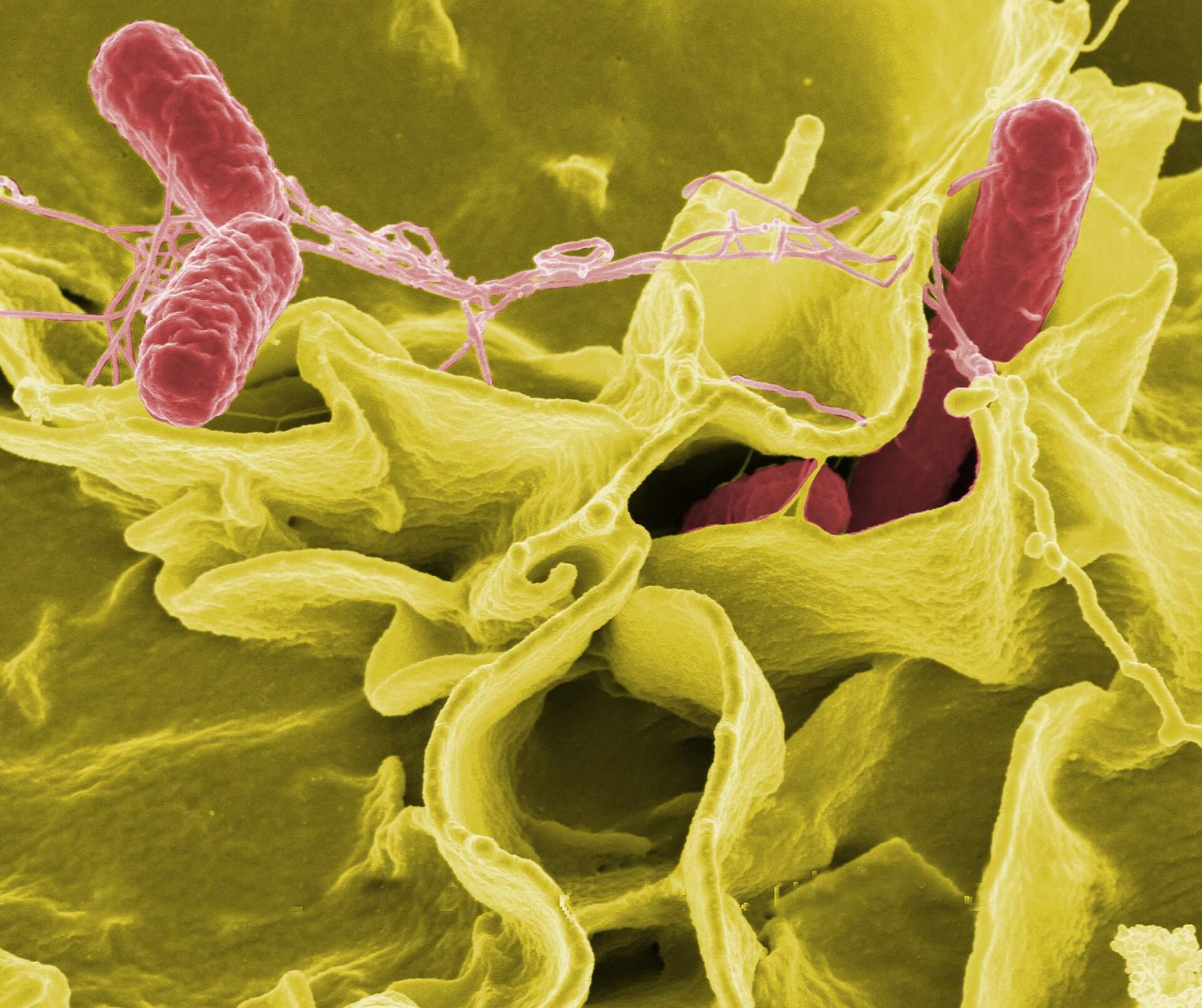
Miserable symptoms mark chronic sinusitis.
Chronic sinusitis is a long-lasting sinus inflammation (swelling) and infection. It can linger over a period of time, typically longer than 12 weeks. Even if the symptoms are not full-blown, once a patient has suffered for twelve weeks, it’s considered “chronic” sinusitis. Chronic sinusitis is less likely to be a simple, straightforward infection, and less likely to go away with a treatment of traditional, simple antibiotics. People with chronic sinus inflammation tend to experience poor drainage and mucus buildup. This often makes breathing difficult and can cause facial pain or pressure.
Chronic sinusitis is more likely to be a “multifactorial” disease; which means there are more likely to be allergy issues, inflammatory issues, anatomical problems, polyps, and possibly other factors.
There are a number of treatment options that can be used to get rid of chronic sinus inflammation. Some of the most common ones include:
- Nasal irrigation: Irrigation with a saline solution can help minimize nasal drainage and rinse away irritants that are contributing to chronic inflammation.
- Nasal corticosteroid sprays: These sprays contain steroids, which help reduce and prevent inflammation — some doctors recommend combining these with nasal irrigation.
- Oral or injected corticosteroids: These medications can be used to relieve severe inflammation, especially in people whose sinusitis is caused by nasal polyps.
- Aspirin desensitization treatment: If you’re sensitive to aspirin but need to take it, your doctor may recommend this type of treatment to increase your tolerance and minimize the symptoms of sinusitis.
- Antibiotics: If your sinusitis is caused by a bacterial infection, antibiotics can help eliminate the infection and get rid of your symptoms
- Immunotherapy: For people whose sinusitis is caused by allergies, allergy shots can help minimize reactions to known allergens and improve symptoms
Based on the cause of your chronic sinusitis, the symptoms may never be fully treated. You may require long-term treatment to help keep your symptoms from disrupting your daily life.
But in many cases, your symptoms can be treated through home remedies, OTC medications, and a treatment plan developed with your doctor to address its specific causes.











